Eco-Friendly Solutions: Natural Mold Inhibitors for Protecting Bamboo Products
Natural Mold Inhibitors for Bamboo Products
Bamboo products, such as furniture and flooring, are eco-friendly but prone to mold due to their moisture-absorbing nature. Many people seek natural solutions to prevent mold growth, which are safe and environmentally friendly. This article explores natural mold inhibitors and how they work to protect bamboo from mold, ensuring its durability and hygiene.
What Are Natural Mold Inhibitors?
Natural mold inhibitors are substances derived from plants or minerals that help prevent mold by either creating unfavorable conditions for its growth or directly killing the mold. These solutions are non-toxic and safe to use, making them ideal for homes that use bamboo products.
Popular Natural Mold Inhibitors
Tea Tree Oil
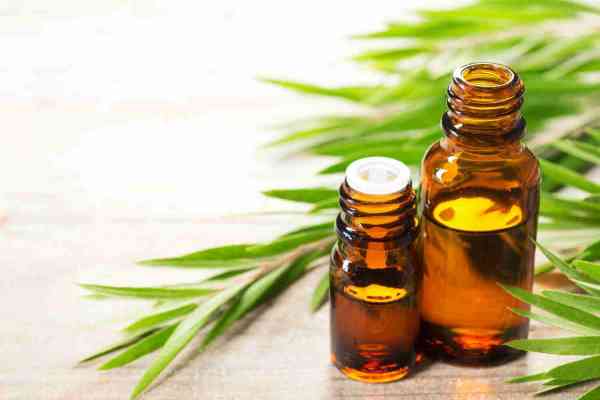
fresh tea tree leaves and essential oil
Tea tree oil contains compounds like terpinen-4-ol that can break down mold cell membranes, stopping mold from spreading. It’s highly effective when diluted and sprayed on bamboo surfaces.
Vinegar (White Vinegar)

Vinegar is acidic and can alter the pH environment where mold grows, making it difficult for mold to survive. It’s a popular and easy-to-use solution for bamboo furniture and flooring.
Lemon Juice

Lemon juice, like vinegar, has a high acidity that breaks down mold’s cell structure. Additionally, it has a fresh scent, making it useful for both cleaning and deodorizing bamboo products.
Baking Soda
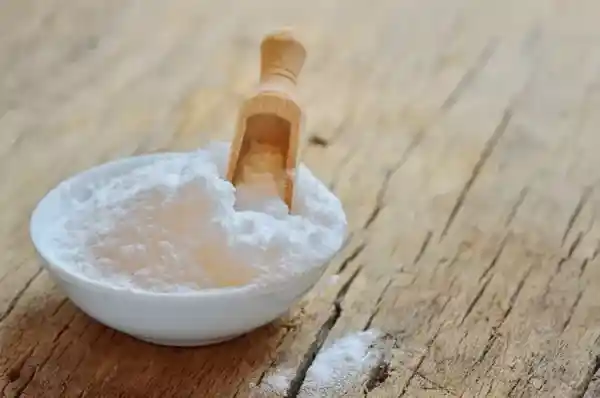
Baking soda is a mild alkaline powder that neutralizes moisture, which is essential for mold to grow. It absorbs excess moisture from bamboo, keeping it dry and mold-free.
Clove Oil
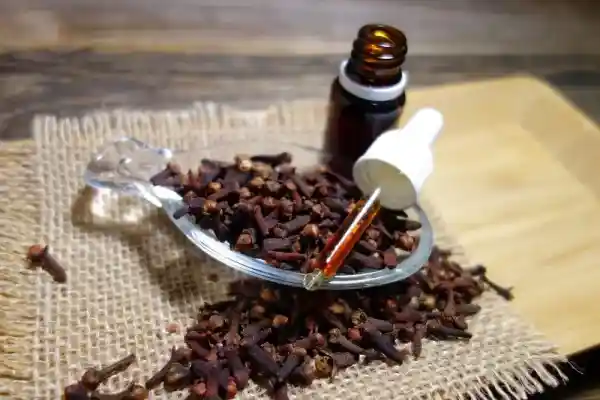
Clove oil is rich in eugenol, a substance that inhibits mold growth. It disrupts mold’s cellular processes, stopping its spread.
Eucalyptus Oil
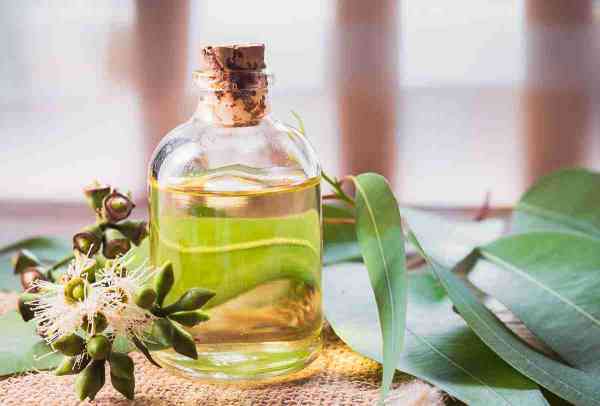
Eucalyptus oil is known for its antibacterial and antifungal properties. The oil penetrates bamboo and kills mold spores by breaking down their protective layers.
Saltwater

Saltwater dehydrates mold cells by drawing out moisture, causing the mold to shrink and die. Saltwater is simple to make and can be applied to bamboo products to prevent mold.
Coconut Oil
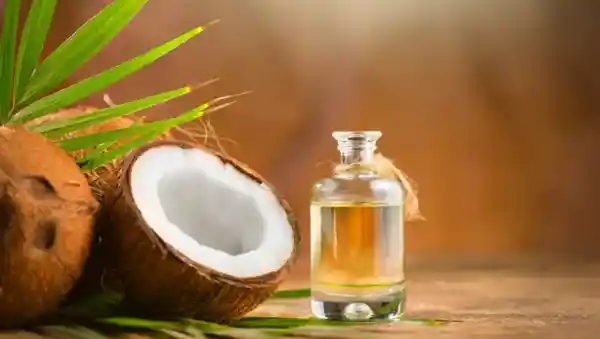
Coconut oil contains lauric acid, which is known to kill mold. It also forms a protective barrier on bamboo, reducing moisture absorption and preventing mold growth.
Beeswax
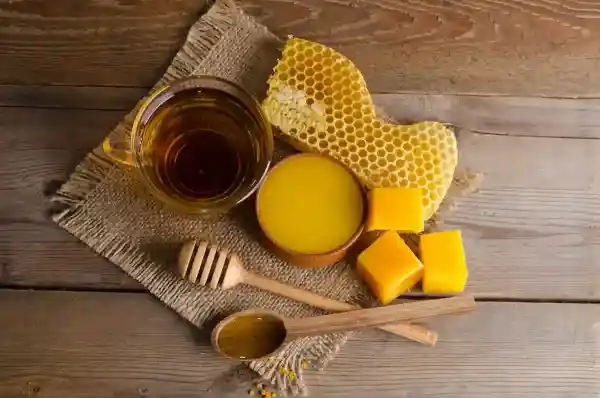
Beeswax creates a waterproof coating over bamboo, preventing moisture from penetrating the surface. This stops mold from developing, as mold thrives in moist environments.
How Natural Mold Inhibitors Work
1. Altering the pH
Many natural substances like vinegar and lemon juice lower the pH level on surfaces, creating an acidic environment where mold cannot thrive.
2. Absorbing Moisture
Ingredients like baking soda help absorb moisture, reducing the dampness that mold needs to grow.
3. Breaking Down Mold Cells
Essential oils like tea tree, clove, and eucalyptus oil disrupt the cell walls of mold, killing it and preventing further growth.
4. Creating a Protective Barrier
Substances like beeswax and coconut oil form a shield on the bamboo surface, keeping moisture and mold away.
Conclusion
By using natural mold inhibitors, you can effectively protect your bamboo products from mold without resorting to harmful chemicals. These natural solutions are not only safe for your health but also environmentally friendly, making them the perfect choice for any bamboo maintenance routine.
Keep your bamboo furniture and flooring mold-free by incorporating these simple yet effective natural remedies into your cleaning routine.
